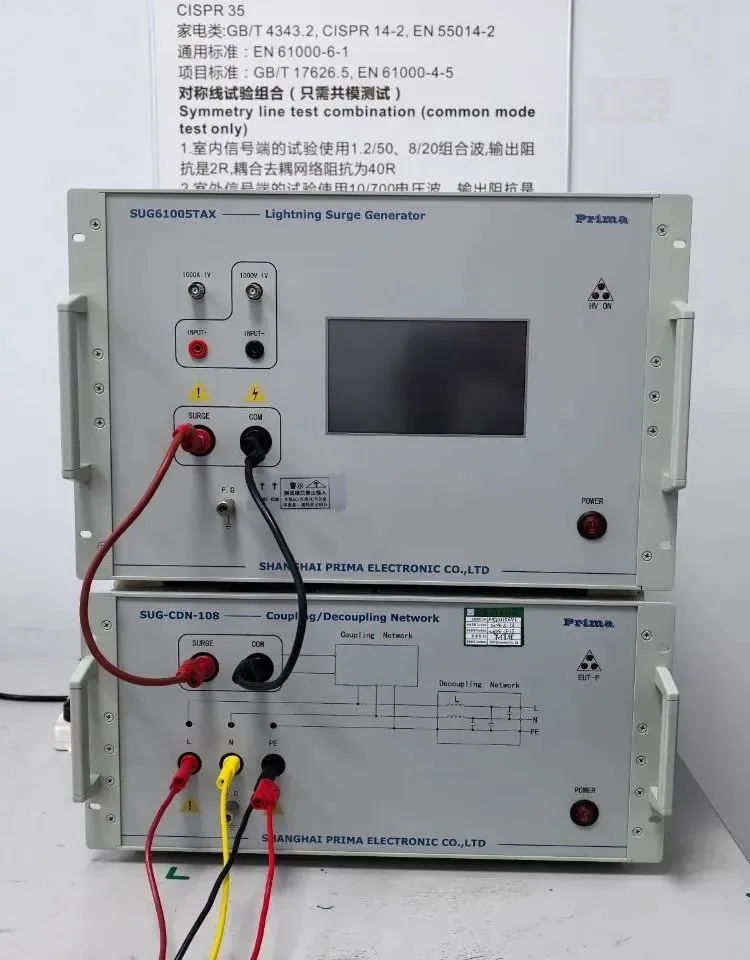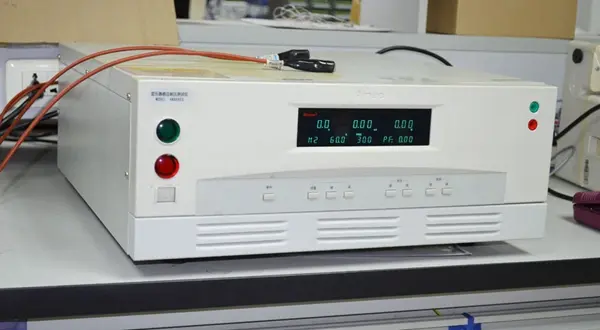
Lithium Battery : UN38.3 + MSDS +Transport Certification
Why Are These Three Certifications RequiRED?
1. un38.3:
Known as the “International Passport”for lithium battery transportation, this certification involves 8 rigorous safety tests (e.g., short circuit, vibration, impact) to ensure that batteries do not catch fire or explode during air or sea transport.
2. msds (Material Safety Data Sheet):
A mandatory document for logistics and customs. It details the cheMICal composition of the battery, emergency measures, and storage requirements.
3. Transportation Identification Report:
Issued by a qualified agency based on the un38.3 test resULts, this report certifies that the battery meets international shipping standards (e.g., IATA air transport regulations).
Certification Process
① un38.3 certification
1. Required Documents:
Battery sample, specification sheet (with voltage/capacity/model clearly marked), authorization letter, packaging photos.
2. Test Scope:
8 mandatory safety tests (approx. 8–12 working days).
3. Key Requirement:
Battery labels mustinclude Wh (watt-hour) rating and lithium content. Missing information leads to automatic failure!
② msds report
1. How to Apply:
Submit to a third-party agency with the battery’s chemical composition sheet and one sample.
③ Transportation Identification Report
1. Prerequisite:
Must be applied afterUN38.3 is passed.
2. Required Documents:
UN38.3 report, packaging photos (inner & outer box, battery installation diagram), application form.
3. Validity:
Typically valid for 1 yearfor sea/air transport. You can renew with the original UN report the following year.
�� Pro Tips to Avoid Pitfalls
1. Packaging Requirements:
Loose batteries must be protected against short circuits! If a single package contains over 24 batteries, risk labeling is mandatory.
2. Lab Selection:
Choose ISO 17025 accredited labs—reports from non-accredited labs are invalid.
Tip: Contact JJR Laboratory in China for testing services—save up to 40% on certification costs.
3. Expedited Service:
Standard UN38.3 testing takes about 2 weeks. Faster options are available at an extra cost—note that all 8 test items are still mandatory.
Email:hello@jjrlab.com
Write your message here and send it to us
 RCM AS/NZS CISPR 32:2023 Testing for Power Adapte
RCM AS/NZS CISPR 32:2023 Testing for Power Adapte
 How to get Australia SAA Compliance?
How to get Australia SAA Compliance?
 Does Canada Require RoHS Compliance
Does Canada Require RoHS Compliance
 EU CE LVD, EMC, RoHS Directives Compliance Guide
EU CE LVD, EMC, RoHS Directives Compliance Guide
 Quick Guide to the CE-LVD Low Voltage Directive
Quick Guide to the CE-LVD Low Voltage Directive
 Global Certification Guide for Lithium Batteries
Global Certification Guide for Lithium Batteries
 Compliance of Amazon 18650 Lithium Battery Product
Compliance of Amazon 18650 Lithium Battery Product
 What is CE Certification and EU Authorized Represe
What is CE Certification and EU Authorized Represe
Leave us a message
24-hour online customer service at any time to respond, so that you worry!




